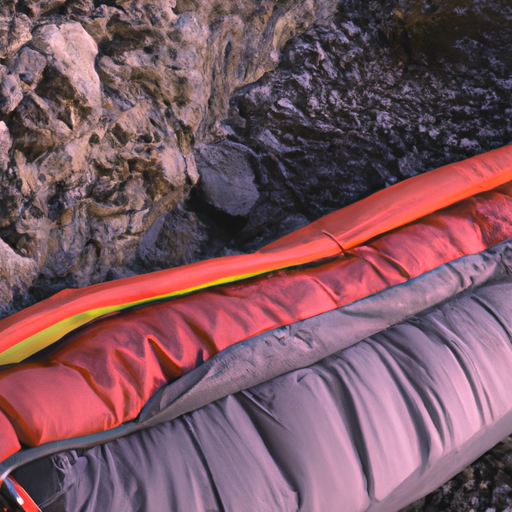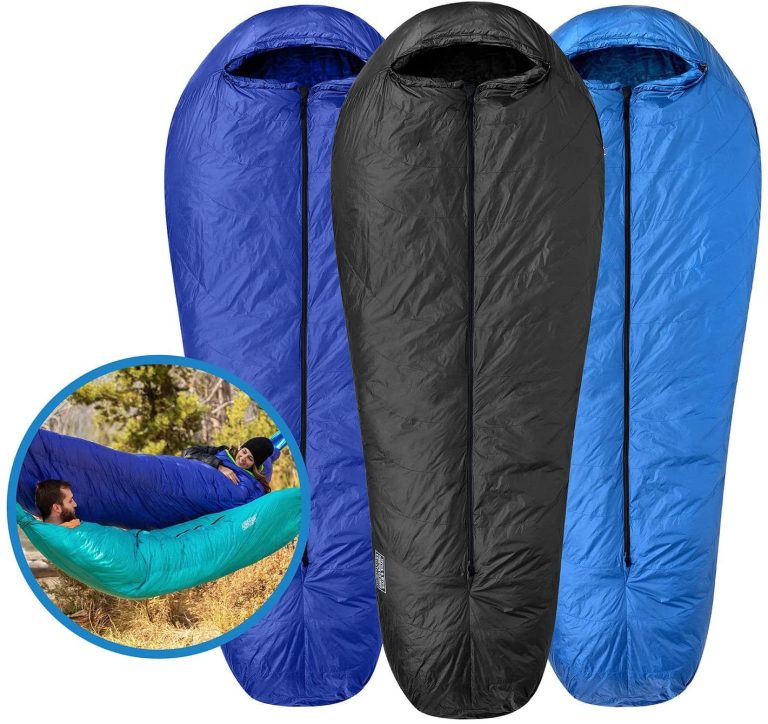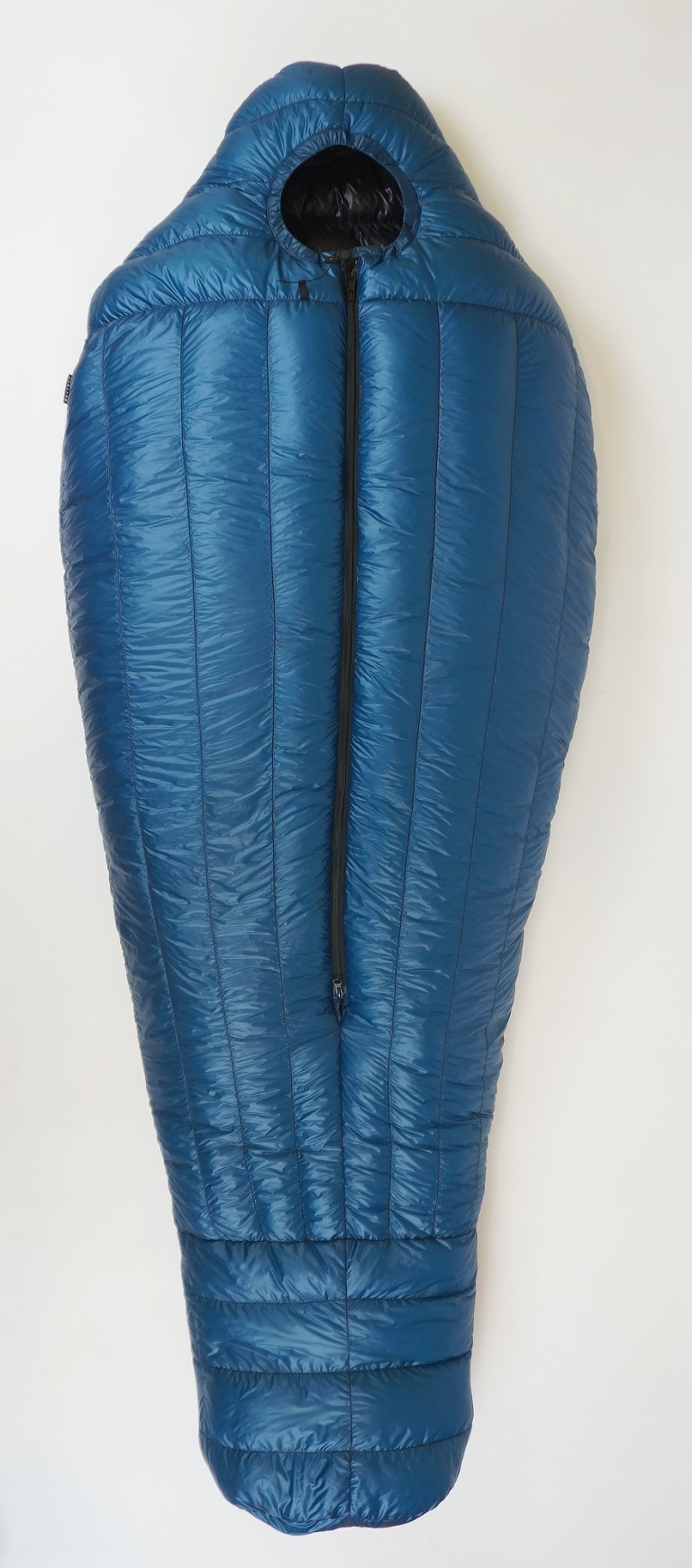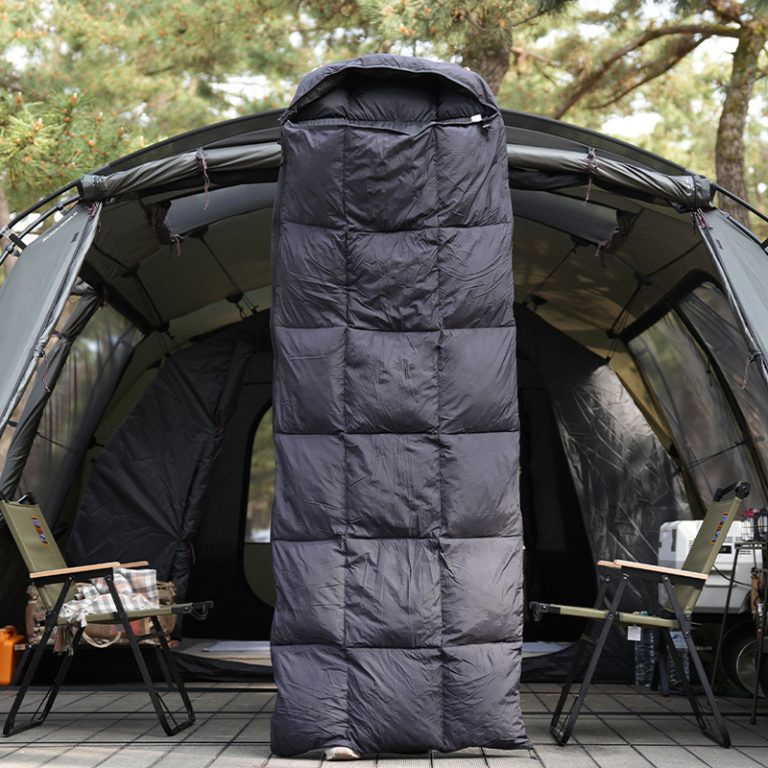How to Choose the Right Lightweight Sleeping Bag for Backpacking
When it comes to backpacking, having the right lightweight sleeping bag is essential. Not only will it keep you warm and comfortable, but it will also help you save on weight and space in your pack. With so many options available, it can be difficult to know which one is right for you. Here are some tips to help you choose the perfect lightweight sleeping bag for your next backpacking adventure.
First, consider the temperature rating of the sleeping bag. Different sleeping bags are designed for different temperatures, so make sure you choose one that is appropriate for the climate you’ll be in. If you’re backpacking in a cold climate, you’ll want a sleeping bag with a lower temperature rating. On the other hand, if you’re backpacking in a warmer climate, you’ll want a sleeping bag with a higher temperature rating.
Next, think about the type of insulation you want. Down insulation is lightweight and compressible, making it a great choice for backpacking. Synthetic insulation is heavier and less compressible, but it’s also more affordable and better at retaining warmth when wet.
Finally, consider the shape and size of the sleeping bag. Mummy-style sleeping bags are the most popular choice for backpacking because they are lightweight and provide the most warmth. Rectangular sleeping bags are more spacious and comfortable, but they are also heavier and bulkier.
By considering these factors, you can find the perfect lightweight sleeping bag for your next backpacking adventure. With the right sleeping bag, you’ll be sure to stay warm and comfortable while you explore the great outdoors.
Tips for Packing a Lightweight Sleeping Bag for Backpacking

1. Choose a lightweight sleeping bag: When selecting a sleeping bag for backpacking, look for one that is lightweight and compact. Consider the temperature rating of the bag and the type of insulation it has. Down insulation is usually lighter and more compressible than synthetic insulation.
2. Pack it in a compression sack: Compression sacks are designed to reduce the size of your sleeping bag, making it easier to fit in your backpack. Look for a sack that is made of lightweight, durable material and has straps or drawstrings to help compress the bag.
3. Roll it up: Rolling your sleeping bag is a great way to save space and keep it organized. Start by laying the bag out flat and rolling it up from one end to the other. Secure the roll with a few straps or bungee cords.
4. Stuff it in a stuff sack: Stuff sacks are designed to fit inside your backpack and keep your sleeping bag organized. Look for a sack that is lightweight and has a drawstring closure.
5. Use a sleeping pad: A sleeping pad will provide insulation and cushioning between you and the ground. It will also help keep your sleeping bag from shifting around in your backpack. Look for a lightweight, compact sleeping pad that is easy to pack.
6. Wear it: If you’re really trying to save space, you can wear your sleeping bag like a coat. This will keep your hands free and make it easier to carry your backpack. Just make sure you’re wearing the right clothing for the temperature.
The Benefits of Using a Lightweight Sleeping Bag for Backpacking
When it comes to backpacking, having the right gear is essential. One of the most important pieces of gear is a sleeping bag. A lightweight sleeping bag is the perfect choice for backpacking, as it offers a number of benefits.
First and foremost, a lightweight sleeping bag is much easier to carry than a heavier one. This is especially important when you’re carrying all of your gear on your back. A lightweight sleeping bag will make your load much more manageable, allowing you to cover more ground in a day.
Another benefit of a lightweight sleeping bag is that it is much easier to pack. A lightweight sleeping bag can be compressed down to a much smaller size than a heavier one, making it easier to fit into your backpack. This is especially helpful if you’re trying to save space in your pack.
Finally, a lightweight sleeping bag is much more comfortable to sleep in. A lightweight sleeping bag will keep you warm without feeling too heavy or bulky. This will help you get a better night’s sleep, so you can wake up feeling refreshed and ready to tackle the next day’s adventure.
Overall, a lightweight sleeping bag is the perfect choice for backpacking. It’s easier to carry, easier to pack, and more comfortable to sleep in. So if you’re looking for the perfect sleeping bag for your next backpacking trip, look no further than a lightweight sleeping bag.
The Best Lightweight Sleeping Bag Brands for Backpacking
When it comes to backpacking, having the right gear is essential. One of the most important pieces of gear is a lightweight sleeping bag. A lightweight sleeping bag will keep you warm and comfortable while you explore the great outdoors. There are many brands that make lightweight sleeping bags, so it can be hard to choose the right one. To help you make the best decision, here are some of the best lightweight sleeping bag brands for backpacking.
First on the list is Marmot. Marmot is a well-known brand that makes high-quality sleeping bags. Their sleeping bags are lightweight and designed to keep you warm in any weather. They also come in a variety of sizes and styles, so you can find the perfect fit for your needs.
Another great brand is Big Agnes. Big Agnes makes lightweight sleeping bags that are designed to keep you warm and comfortable. They also have a variety of styles and sizes, so you can find the perfect fit for your needs.
Finally, there is Mountain Hardwear. Mountain Hardwear makes lightweight sleeping bags that are designed to keep you warm and comfortable in any weather. They also have a variety of styles and sizes, so you can find the perfect fit for your needs.
These are just a few of the best lightweight sleeping bag brands for backpacking. With so many options available, you can find the perfect sleeping bag for your next adventure. So, get out there and explore the great outdoors with the right gear!





